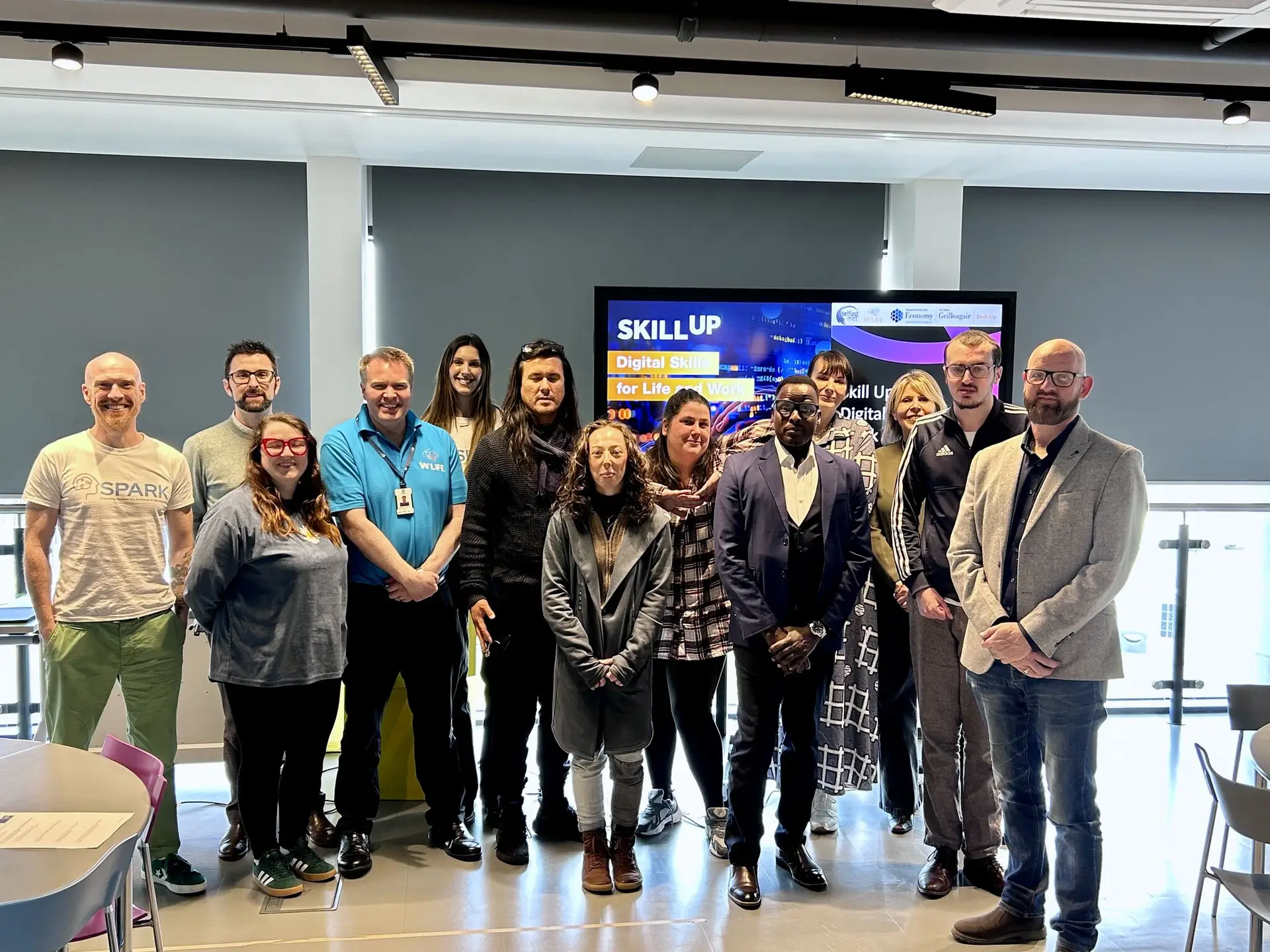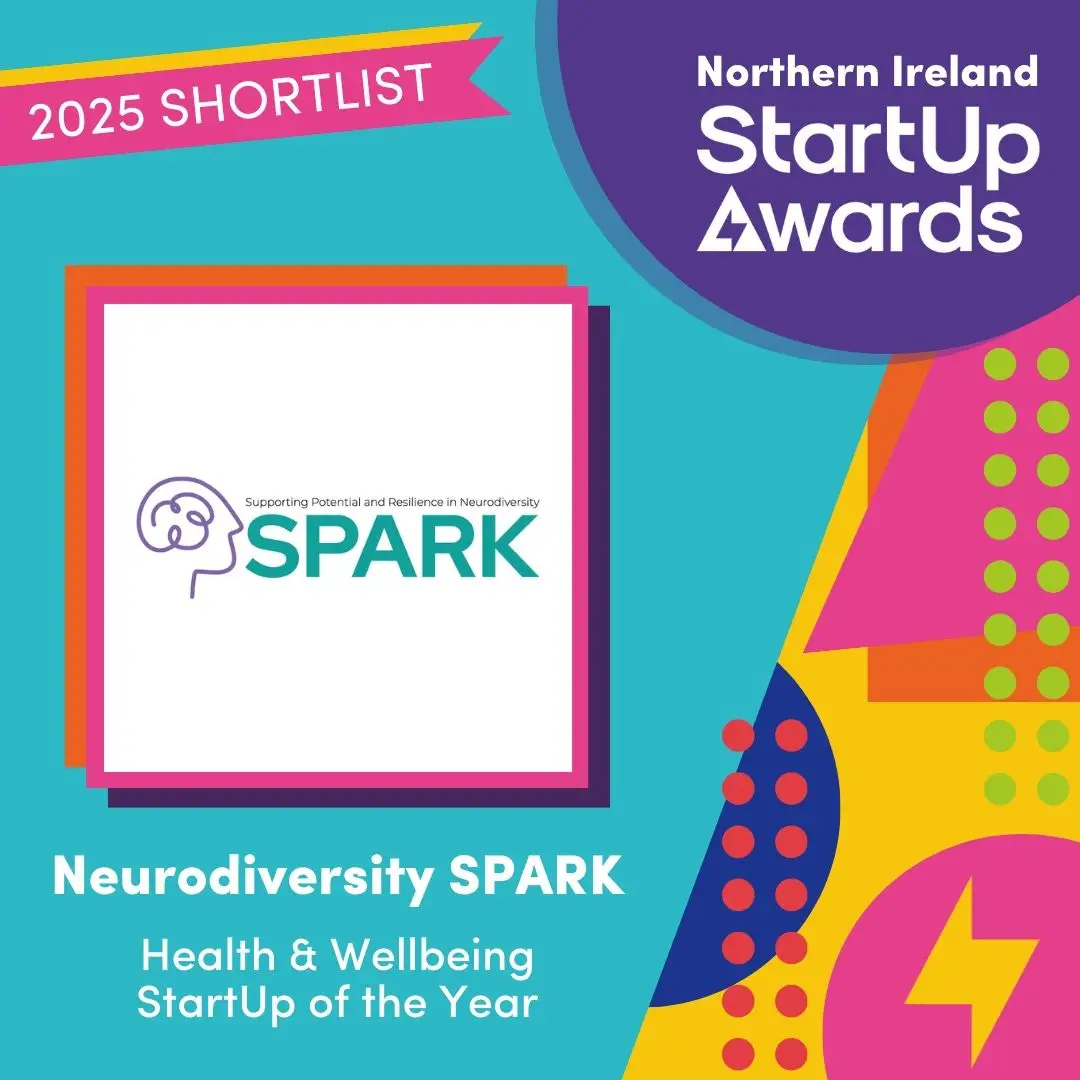There’s a growing buzz around neurodiversity in the workplace – and that’s a good thing. More organisations recognise that neurodivergent people bring valuable perspectives, creativity, and innovation. But while the conversation is getting louder, the action often lags behind.
At SPARK, we see it every day – workplaces that want to be inclusive but aren’t quite sure what that looks like beyond a few bullet points in a policy or a one-off webinar.
Here’s the thing: good intentions are a start, but they’re not enough. True neuroinclusion requires more than awareness. It requires action. It requires curiosity. And it definitely requires listening to lived experience.
What’s missing in the “neurodiversity at work” conversation?

Many companies are still stuck at the stage of seeing neurodiversity through a deficit lens. That shows up in subtle ways – like focusing only on challenges, or seeing adjustments as ‘special treatment’ rather than good design for everyone.
Neuroinclusion means flipping the narrative:
- From compliance to culture
- From ‘fixing the person’ to fixing the system
- From assumptions to co-production
That’s why lived experience is at the heart of what we do at SPARK.
Designing with, not just for
When neurodivergent voices are involved from the beginning – in policy, in service design, in product development – we start to see change that sticks. That’s co-production in action, and it’s where real inclusion begins.
At SPARK, we’re proud to deliver workshops and resources shaped by those who’ve been there. It’s not about box-ticking or surface-level training.
It’s about understanding, empathy, and making things work better for everyone – neurodivergent or not.
Practical ways to move from awareness to action:
Top tips
- Audit your systems, not your people. Are your recruitment processes unintentionally excluding talent? Are your communications neurodivergent-friendly
- Ditch the one-size-fits-all approach. Neurodivergent people have different needs – flexibility, clarity, quiet spaces, asynchronous communication – and that’s okay.
- Pay for lived experience. Whether it’s through workshops, panels, or research input – if you value it, fund it.
- Build feedback loops. Don’t wait for a crisis. Make it easy and safe for people to share what’s not working.



